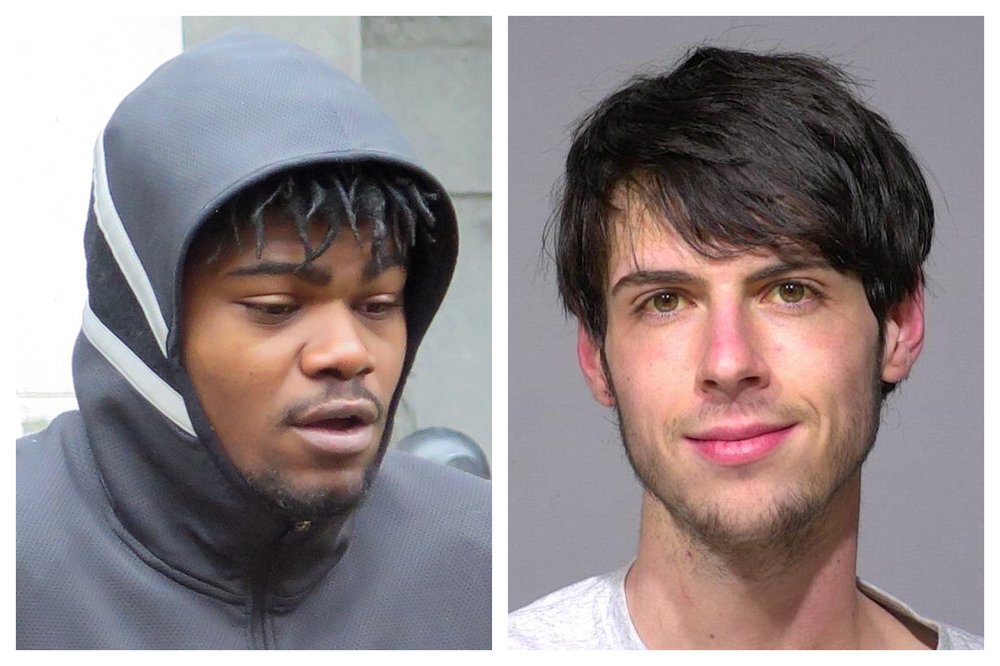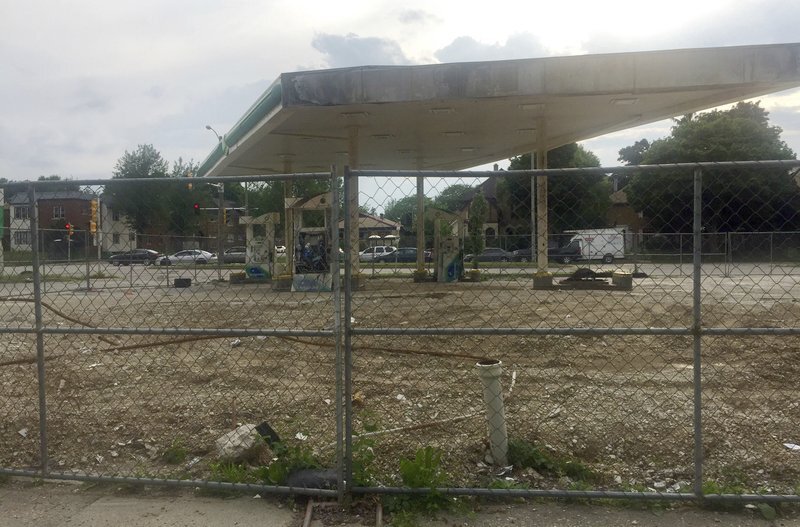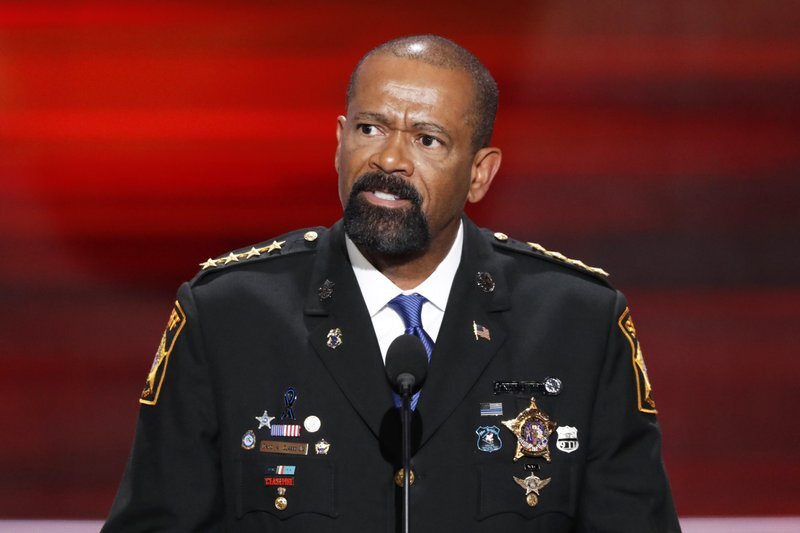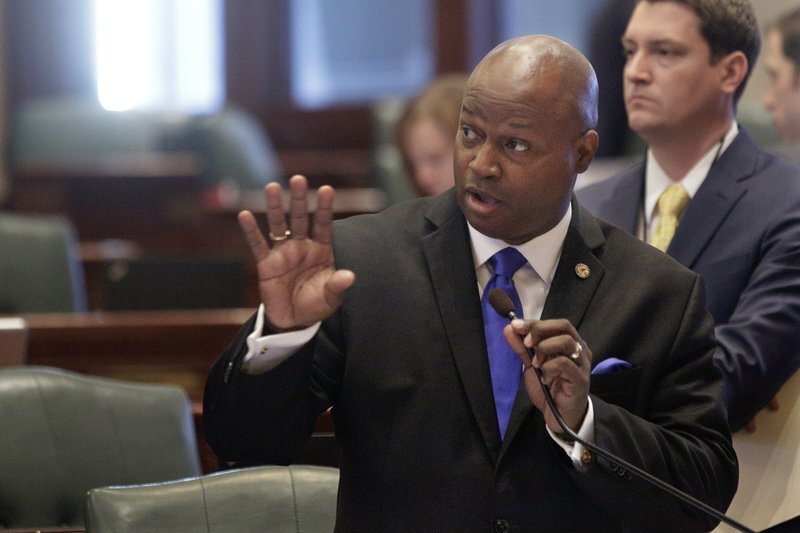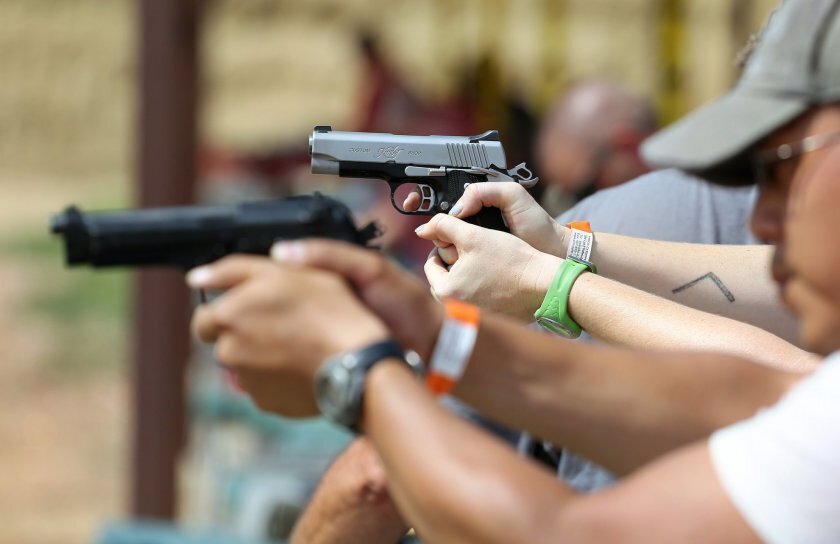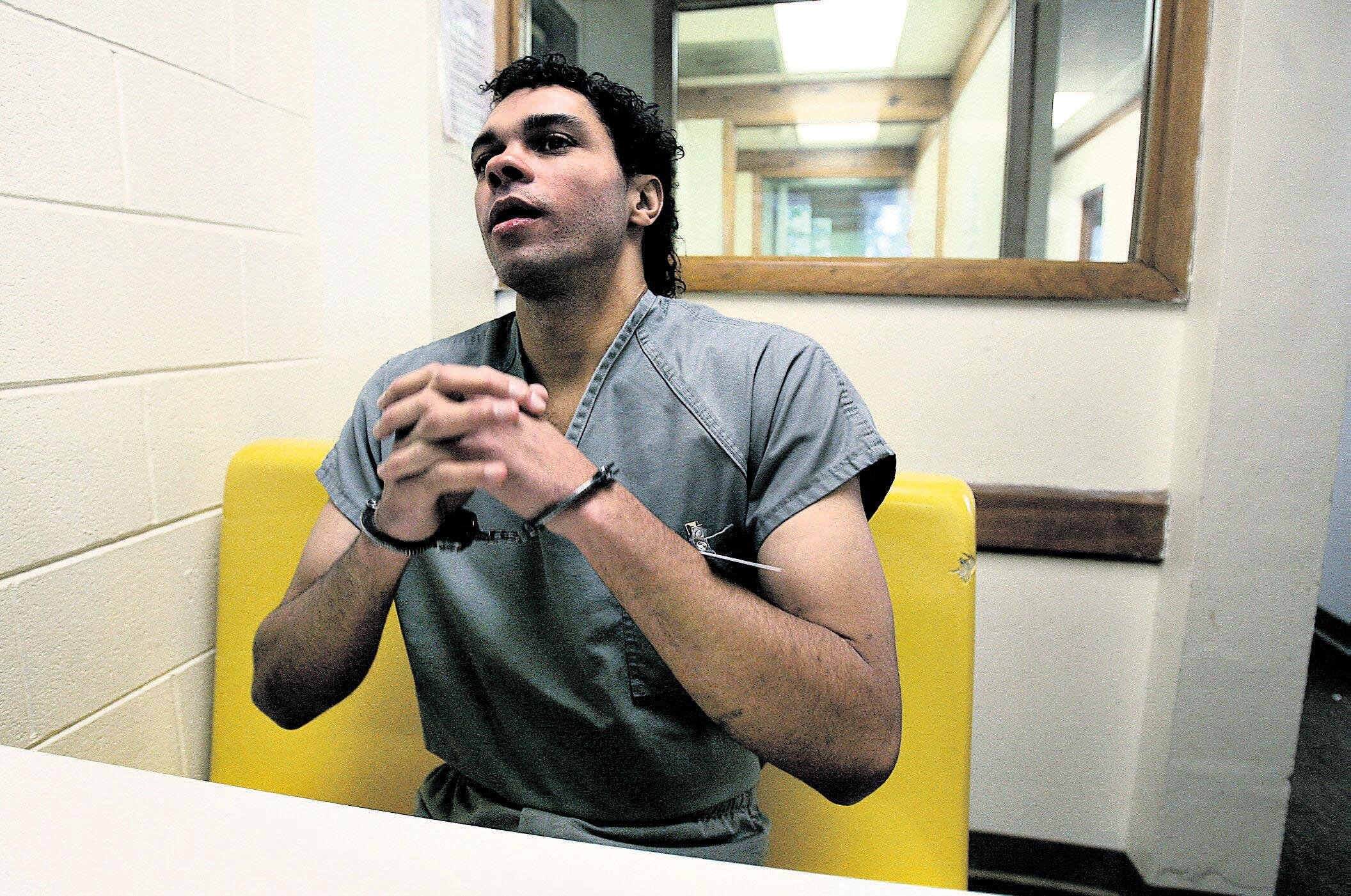Long under threat, Latin American journalists confront a new era of risk as they increasingly become the targets of violence and surveillance.
Discrimination was long baked into housing policy and practice in Evanston, Illinois. Now the city is the nation’s first to officially compensate African Americans for what systemic racism has done to their community.
Hundreds of proposed local voting laws threaten the votes of Latinos and others, a new lawsuit charges. The bills are competing against a federal effort to expand mail-in voting and other measures that fueled record turnout last November.
Geneticists worldwide are racing to breed a cannabis seed not yet in existence: One that thrives in climates with only 12 hours of daylight all year but remains low in THC. Long the province of illicit criminals and smugglers, cannabis genetics now draw top botanists as a growing number of countries authorize cannabis production, whether for adult recreational or medicinal use, or for low-THC industrial hemp use.
The U.S. military and researchers at a Wisconsin university are discussing making hemp fiber to replace imported polyester and polymer in Army vehicles – a potential partnership that would return the state to the days it was the epicenter of fiber production during both World Wars.
Mexico is poised to become the world’s most-populous country with legal marijuana and hemp next month – and, unlike its northern neighbor, Mexico is setting nationwide regulations to cover all forms of cannabis, no matter the THC content, instead of having a patchwork of laws for the two plants.
Travel restrictions and business closures aimed at stopping the spread of a new virus that has killed more than 300 people in China could end up causing ripple effects that harm the global economy, experts say.
Investigators say they used genetic genealogy to connect an 82-year-old Wisconsin widower with five grown children to the 1976 killing of a young couple at a campsite.
When the Democratic National Convention comes to Milwaukee next summer, the city on the shores of Lake Michigan will have its long-awaited opportunity to show the world it’s shedding its Rust Belt image.
In the course of 15 months and in the space of one city block, Milwaukee police twice encountered two suspects they believed were armed.
One was black; one was white.
One was in fact unarmed; one had a gun.
One was shot; one was not.
When Brewers slugger Christian Yelich takes the field against the Los Angeles Dodgers, he’ll have one group of Milwaukee fans rooting especially loud for his success: Serbian-Americans.
Overnight in dozens of cities across the U.S., the electric scooters arrive, often without warning to public officials, parked along sidewalks and ready to be taken for a spin with a few taps on a smartphone.
When Illinois jurors convicted Patrick Pursley of murder, they relied on an expert’s assurance that the scratches and dents on bullets and shell casings from the crime scene proved they could only have come from Pursley’s gun. More than two decades later, technological advances have eroded confidence in ballistic experts, and the analyst who testified against Pursley is no longer so sure of his findings.
Prosecutors in Milwaukee are hitting the streets in an effort that connects prosecutors and police to stop crime and not just send people to prison.
The scars of the violence that erupted in a Milwaukee neighborhood after a police officer killed a 23-year-old black man remain visible nearly a year later, reminders of how little things have changed. A few blocks from where Sylville Smith was fatally shot Aug. 13, the gas station that protesters torched is still closed, surrounded by chain-link fence to protect the damaged gas pumps that are the only things left. The BMO Harris bank branch that went up in flames hasn’t reopened either, nor has the O’Reilly Auto Parts store that was also burned.
With a brash, unapologetic personality reminiscent of President Donald Trump, Milwaukee County Sheriff David Clarke is positioning himself as an in-your-face conservative firebrand who has some Republicans swooning over his prospects for higher office. The tough-talking, cowboy-hat wearing lawman is also one of the most polarizing figures in Wisconsin politics, frequently dishing out eyebrow-raising comments that make even his one-time supporters blanch.
When a loved one dies, laws cover how their houses, cars, and other property are passed on to relatives. But the rules are murkier — and currently far more restrictive — when it comes to pictures on Facebook, emails to friends or relatives and even financial records stored in online cloud accounts.
For the first time in recent history, Illinois Republicans are vastly outspending Democrats in fall legislative races with the help of a wealthy governor determined to curtail a traditionally blue political landscape that has thwarted his agenda for two years.
Brian Nelson’s years in solitary confinement left him terrified of other people, and he says he can still taste the concrete dust from his cell, even though he’s been free since 2010.
Thanks to the cash-strapped state’s decision to stop mailing renewal reminders, Illinois motorists have paid nearly $5 million this year for failing to renew vehicle license plates on time, more than double the amount collected in the same three-month span last year.
A law expanding background check requirements on Colorado gun sales has been in effect for about a year, and an Associated Press analysis of state data compiled during that span shows the projected impact was vastly overstated in a key budget report. The discovery has prompted a prominent Democratic lawmaker to question whether the flawed estimate led to an inaccurate projection of the law’s cost.
Immigrants living in the U.S. illegally returned to their mobile home parks in flood-ravaged Colorado to find that there was little left to salvage — not the water-damaged cars, not the old family pictures and not the sheds carried away by the rushing waters.
Republican election officials who promised to root out voter fraud so far are finding little evidence of a widespread problem.
The real estate listing reads like a Wild West exhibit: An old gold mine, a geyser, and a supposed hideout of famed outlaws. It's all in a middle-of-nowhere ghost town for sale three hours southeast of Salt Lake City. Listing price? $3.9 million.
Belinda Ellis' farewell went as she wanted. One by one, her family placed juniper boughs and logs about her body, covered in red cloth atop a rectangular steel grate inside a brick-lined hearth. With a torch, her husband lit the fire that consumed her, sending billows of smoke into the blue-gray sky of dawn. When the smoke subsided, a triangle-shaped flame flickered inside the circle of mourners, heavily-dressed and huddling against zero-degree weather.
Federal police arrested an alleged leader of a drug cartel that purportedly offered to disband if the Mexican government proves it can protect citizens from other criminals in a western state, authorities said Tuesday. Jose Alfredo Landa, 37, was in charge of La Familia operations in Morelia, the Michoacan state capital, said Ramon Pequeno, the federal police anti-narcotics chief.
Residents of Ciudad Mier, the colonial town near the U.S. border that was nearly emptied by warring drug cartels a month ago, are slowly returning and tentatively putting their faith in new military patrols, a town official said Wednesday.
Two girls walk into a shop for strawberry and chocolate ice cream, and Ronda Dudeck rings them up. Scissors snap as a pair of women sit in front of mirrors and get their hair cut at a salon. Men drink beer at a noisy bar. There’s no shortage of activity in Sedalia on a recent afternoon. And yet the town is said to be “not currently existing” in a June 18 letter written by Douglas County authorities.
Calvin Warren Johnson admits he is a dangerous man. And after his acquittal this year in the stabbing of a homeless man at the downtown public library — a crime he now says he committed — Denver police records show he isn’t bluffing.
There was no shortage of ashtrays, matches and clouds of smoke at PT’s Showclub this week as topless women danced on stages inside the club. Turns out, at least three large metro-area strip clubs still allow smoking nearly one month after the statewide smoking ban began. The billboard above the entrance to PT’s advertises, “Still Smoking After All These Years . . .”









